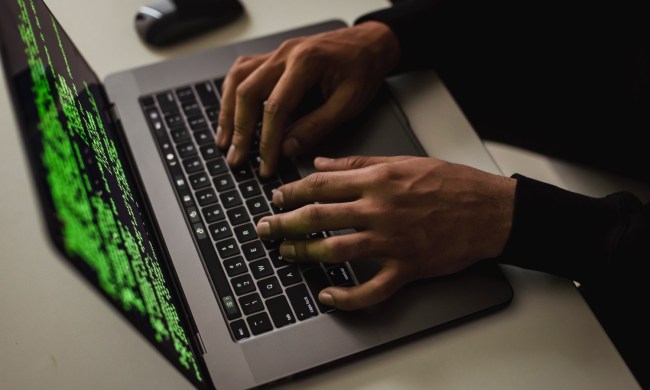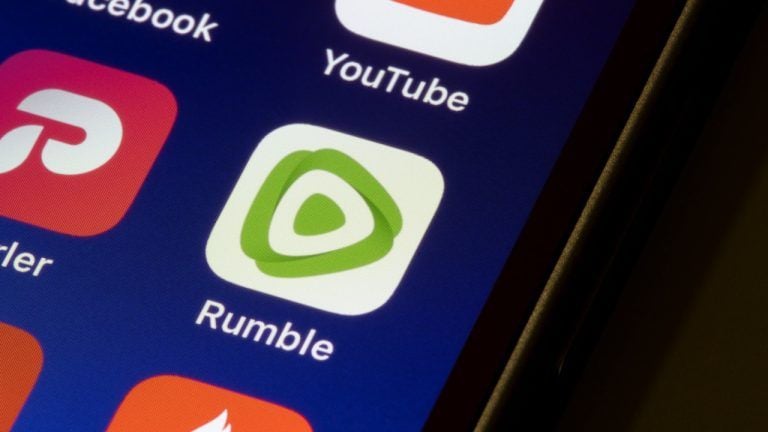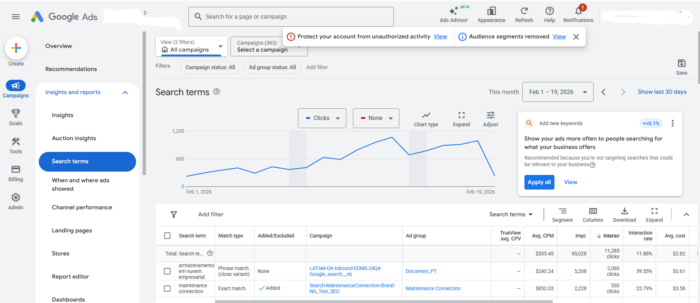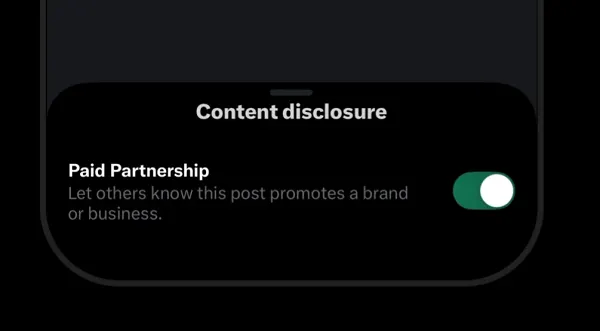Used Hertz? You might want to keep an eye on your credit
A cyberattack exposed an unknown number of customers' data in late 2024.

 Hertz
Hertz
If you have ever rented a car from Hertz, you might want to check your credit reports and keep an eye out for any unusual activity. The car rental giant sent a notice to customers warning of a data breach that took place between October and December 2024. According to the notice, Hertz confirmed on February 10 that “data was acquired by an unauthorized third party.” Its analysis of the at-risk data concluded on April 2, 2025.
In other words, your personal data, including your name, contact information, date of birth, credit card information, driver’s license information, and even worker’s compensation claims could have been exposed. Further, “a very small number of individuals may have had their Social Security or other government identification numbers, passport information, Medicare or Medicaid ID” information leaked as well.
The Federal Trade Commission (FTC) reports that more than $12.5 billion was lost to fraud in 2024. Hertz is a national company with locations in all 50 states, so customers across the country are potentially at risk. The leaked information is potentially enough for a bad actor to steal the identity of those affected, so be wary of suspicious purchases or credit cards opened in your name.
 Hertz
HertzThat said, Hertz hasn’t received any reports of damages caused by the leak. “While Hertz is not aware of any misuse of personal information for fraudulent purposes in connection with the event, we encourage potentially impacted individuals, as a best practice, to remain vigilant to the possibility of fraud or errors by reviewing account statements and monitoring free credit reports for any unauthorized activity and reporting any such activity,” the company writes.
Protecting your personal data is difficult in today’s digital world, especially when exploits like the one used to target Hertz are difficult to detect in real time. While you can’t do much about your data once it’s in the hands of a company, you can protect yourself while browsing the web by using a VPN and applying smart safety practices.
Patrick Hearn writes about smart home technology like Amazon Alexa, Google Assistant, smart light bulbs, and more. If it's a…
The Microsoft Surface Pro 11 is almost $400 off — down to $830

If you're thinking about buying a new device for the primary purpose of accessing Microsoft's Copilot, we can't recommend the Microsoft Surface Pro 11 enough. It's an even more tempting purchase right now because it's available from Walmart for just $830, for savings of $369 on its original price of $1,199. We're not entirely sure how much longer stock will be available, but since past Surface Pro deals expired pretty quickly, we recommend completing your transaction as soon as you can to make sure you don't miss out.
Why you should buy the Microsoft Surface Pro 11
5 ways to protect your router from hackers, according to TP-Link experts
Did you know that home network devices see an average of 10 attacks during the span of 24 hours? As our homes are increasingly connected to the internet, every new device opens another gateway for hackers. Routers are among the most critical devices in your home cybersecurity arsenal, and yet, they're often overlooked beyond the very basic upkeep.
I spoke to TP-Link Systems Inc. experts to find out how to keep your home network safe, and these are the best 5 ways to do it, alongside other useful tips every internet user should be aware of.
I ditched Chrome for the Vivaldi browser, and it’s awesome
My primary PCs have been MacBook Airs for nearly a decade now, and for most of that time, I've used a mix of Safari and Google Chrome as my browsers. I then had a brief stint with Mozilla Firefox, but its performance was pretty disappointing. Now, I'm using the Vivaldi browser and I'm pretty sure I've found the one.
Why I wanted to change my browser

 ValVades
ValVades 


































